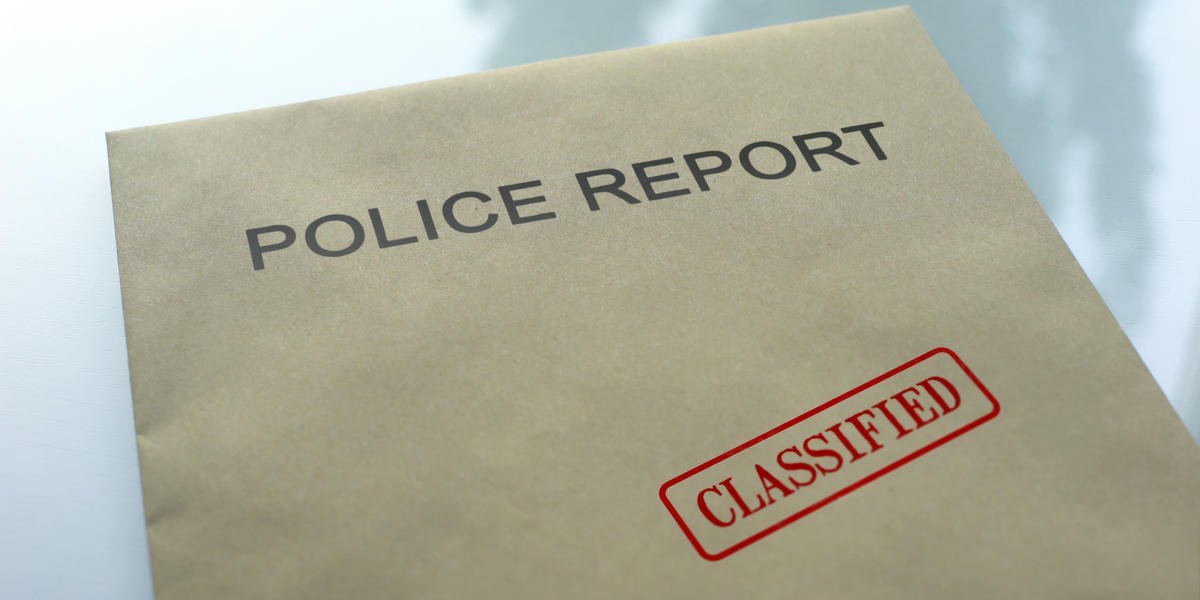Can Police Reports Be Used As Evidence?
Short answer:
Yes. Police reports can be used as evidence. However, their use as evidence can be complex and is subject to certain rules and limitations.
In this blog post, we will discuss:
Recent Questions:
Role of Police Reports in Criminal Cases
Police reports serve as a record of the events that took place during a criminal investigation. They are typically created by the responding officer(s) and provide a detailed account of what happened, who was involved, and any evidence that was collected.
Police reports can be used as evidence in criminal cases in several ways. For example, they can be used to establish the probable cause necessary to obtain a warrant, to provide the prosecution with a foundation for their case, and to support testimony by the responding officers.
Types of Information Contained in Police Reports
Police reports contain a variety of information, including:
Basic information about the incident, such as the date, time, and location.
A description of what happened, including the events leading up to the incident, the incident itself, and any actions taken by the responding officers.
Information about the individuals involved, including their names, addresses, and physical descriptions.
A description of any physical evidence collected, such as weapons, drugs, or clothing.
Witness statements and any other information gathered during the investigation.
The responding officer's observations and conclusions about the incident.
Admissibility of Police Reports as Evidence
The admissibility of police reports as evidence in court can be complex and is subject to certain rules and limitations. Some of the factors that can affect their admissibility include:
Hearsay:
Hearsay is a statement made by someone other than the person testifying that is offered in court to prove the truth of the matter asserted. Hearsay evidence is generally not admissible in court unless it falls under a specific exception. Police reports can contain hearsay evidence, such as witness statements, and this evidence may or may not be admissible depending on the circumstances of the case.
Reliability:
The reliability of the information contained in police reports can be called into question, especially if the information was gathered from witnesses who are unreliable or who have a motive to lie. The reliability of the information in a police report can also be affected by the responding officer's level of experience and training, as well as the methods used to gather the information.
Relevance:
The information contained in police reports must be relevant to the issues in the case in order to be admissible. Information that is not relevant to the case, such as the responding officer's personal opinions or beliefs, is generally not admissible.
Authentication:
In order for a police report to be admitted as evidence, the prosecution must be able to authenticate it, or prove that it is what it purports to be. This can be done through the testimony of the responding officer or through other evidence that links the report to the incident in question.
Steps To Ensure Admission
To ensure that a police report is admitted into evidence, you should take the following steps:
Determine the relevance:
Before submitting a police report as evidence, you should determine whether the information contained in the report is relevant to the issues in the case. This will help you to identify any information that may not be admissible and to focus on the information that is most likely to be admitted.
Authenticate the report:
To authenticate the police report, you will need to prove that it is what it purports to be. This typically involves testimony from the person who created the report or from someone who has knowledge of the report.
Show reliability:
To show the reliability of the information contained in the police report, you may need to provide additional evidence, such as witness testimony or physical evidence.
Object to hearsay:
If the opposing party tries to introduce the police report as hearsay evidence, you should object to its admission. This will give the court the opportunity to consider the admissibility of the report and to determine whether it meets the requirements of the hearsay rule.
Work with an attorney:
An experienced attorney can help you to navigate the rules and limitations surrounding the admission of police reports as evidence and to build a strong case for their admission.
Conclusion
Police reports can be an important source of evidence in criminal cases, but their use as evidence can be complex and is subject to certain rules and limitations. The admissibility of police reports as evidence depends on factors such as hearsay, reliability, relevance, and authentication.
It is important to understand that police reports are not necessarily conclusive evidence, and they may be subject to challenge in court. It is also important to remember that the information contained in police reports is only one piece of evidence in a case, and that other evidence, such as eyewitness testimony and physical evidence, can also be important in determining the outcome of a case.











Inside the Investigation: A Deeper Dive into Police Detective Benefits